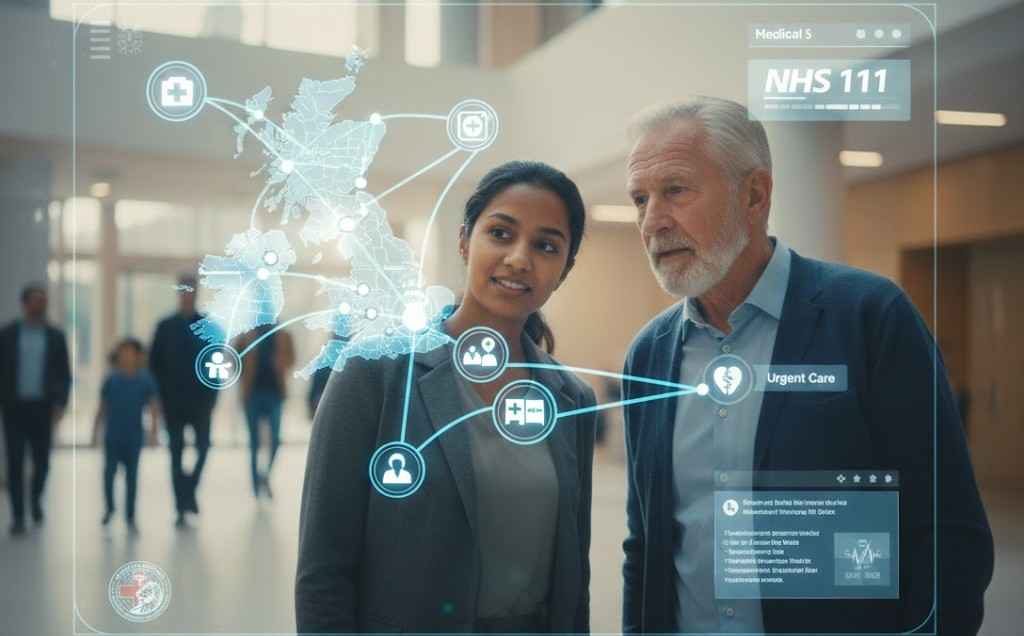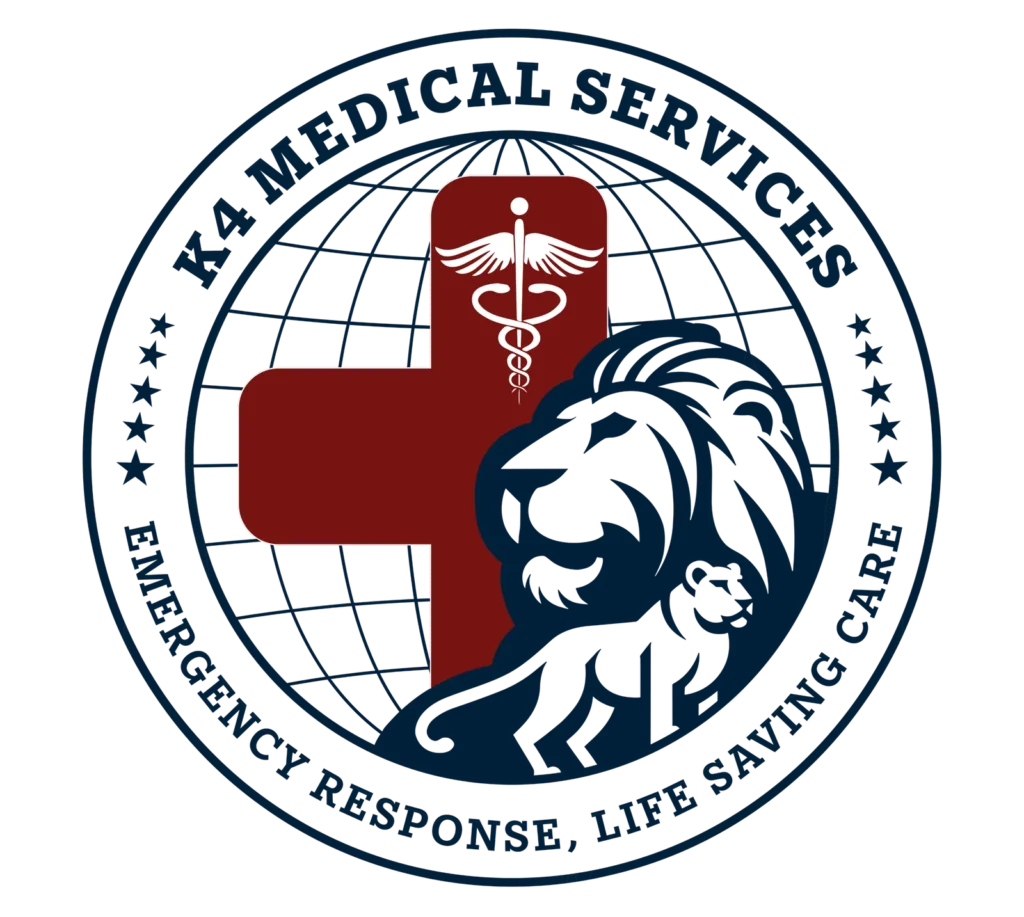A lot of people undergo physical and mental health concerns, but can’t seem to find suitable options for healthcare and managing their symptoms. However, it is best to save time and get the appropriate care that is needed. Knowing when and where to seek medical care in times of emergency and non-emergency situations can help you prevent serious health concerns. Every individual should have access to medical care based on their symptoms and their severity of their condition.
In the UK, the National Health Service is the publicly funded healthcare system that provides healthcare to all eligible residents based on their medical needs. It covers a variety of services, including general health care, a list of hospitals and conditions, and mental health services etc.
WHEN AND WHERE TO SEEK MEDICAL CARE?
Self-Care & Natural Remedies at Home
A lot of minor health concerns can be taken care of at home. Using the right self-care techniques and measures can help you save time and act fast to get better at home. These are usually helpful in treating cases of allergies, common colds, and some minor health problems, such as a mild headache or stomach problems.
Natural remedies exist for many of these common health issues, and rest can be managed with prescribed over-the-counter remedies. You can also take medical advice from the NHS website for self-treatment at home. You can also monitor your condition, such as in the case of blood pressure, with the machine at home. However, if your condition worsens, you should visit a doctor immediately.
Local Pharmacy & Prescribed Medications
Adding to the point above, you can take doctor-prescribed medications to treat regular health problems for a wide range of common health cases. These are usually over-the-counter medications, and advice on what to eat or not eat during your condition. Many pharmacies offer vaccines such as flu or allergy shots.
Additionally, you can get your blood sugar or blood pressure checked there, offering ease and convenience for those who do not
Visiting Your Primary Healthcare Provider
Your primary healthcare provider or General Practitioner (GP) can offer regular health checkups for non-emergency medical conditions or if you feel like your condition is not getting better with home remedies.
For the elderly, it is best to visit your GP from time to time. They can diagnose and treat a lot of general health concerns or refer you to a specialist for your particular condition. You can book your appointment by phone, call, or in person.
For Private Ambulance Services in UK
If you are unable to access public transport and need to go to the hospital for an appointment, or if you are aged, then you can get in touch with a private ambulance provider. They can help you travel short or long routes and have access to medical supplies in the vehicle with trained staff.
Additionally, they can help transport patients from and to the hospital. Make sure that you choose a company that is affiliated with the NHS or with other notable organizations such as the CQC.
NHS 111 For Urgent Medical Advice
If you are in need of urgent medical advice, it is best to contact the NHS online or by calling 111 from any phone. Trained healthcare professionals can identify your symptoms, provide medical advice, and direct you to the most appropriate local service, which could be an out-of-hours GP, a minor injuries unit, or an urgent treatment centre.


